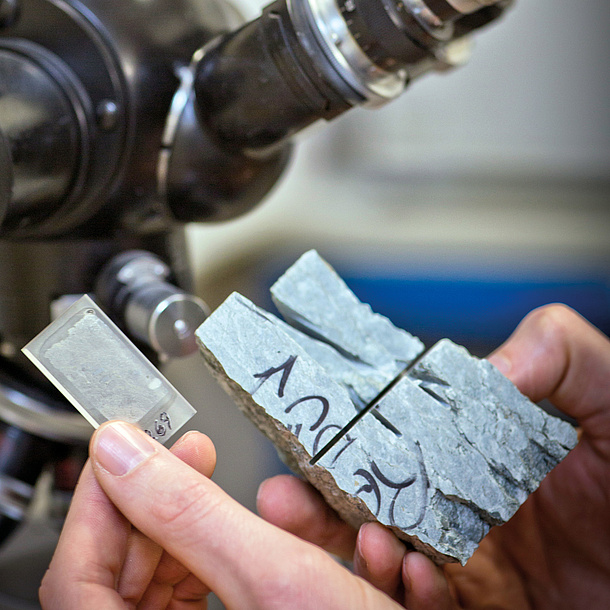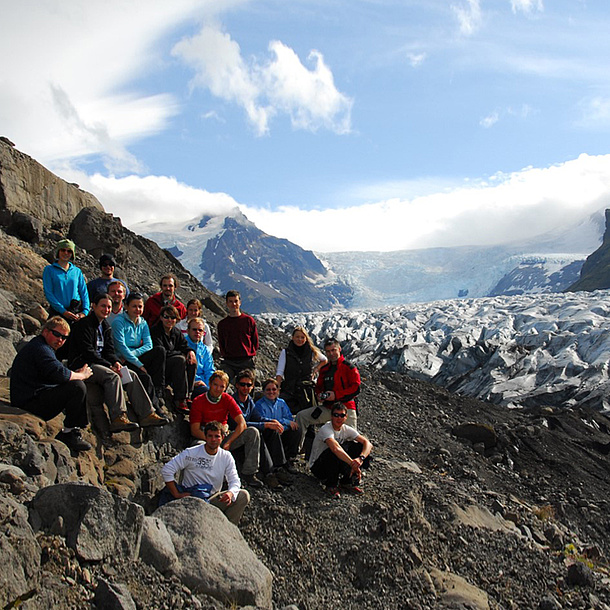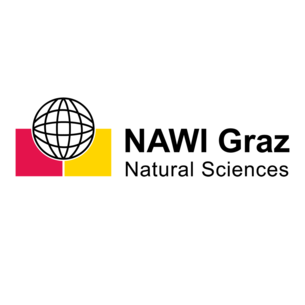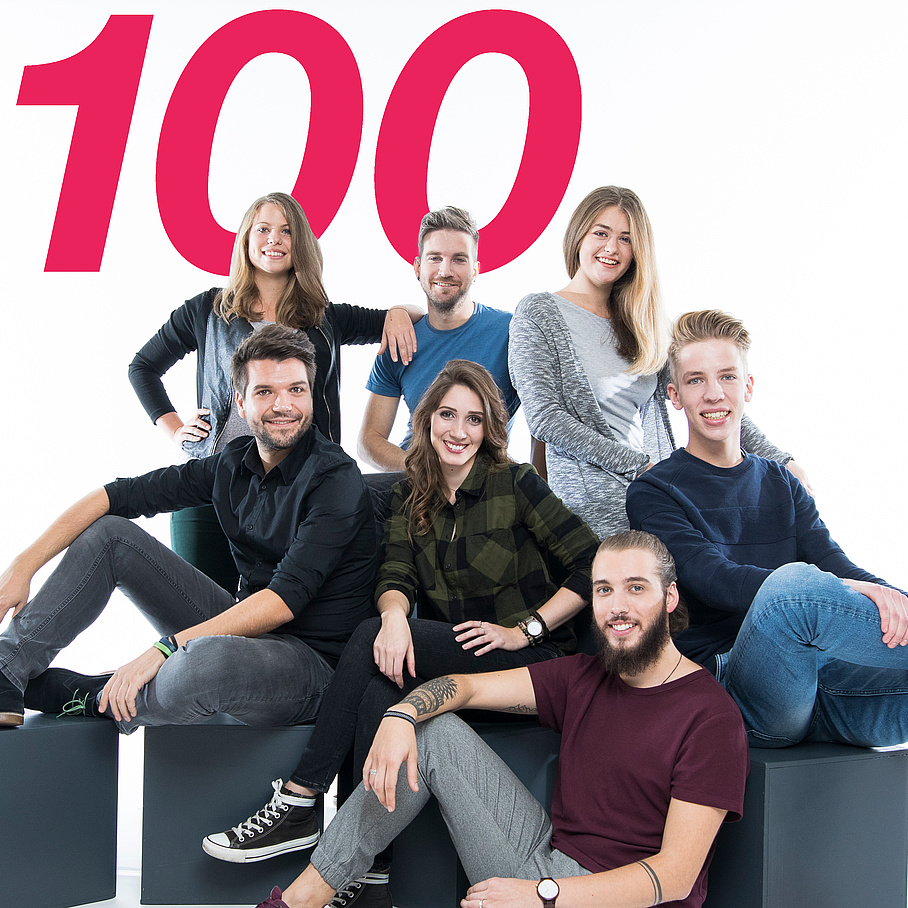Quick Facts
- Duration of study: 4 semesters
- ECTS credit points: 120
- Academic degree: Master of Science (MSc)
- Language of instruction: English
The Master's Programme
In the Master's Degree Programme Geosciences, you deepen and extend the competences acquired in the bachelor's degree programmes in the fields of geology, palaeontology and stratigraphy, petrology and geochemistry, mineralogy and hydrogeochemistry, hydrogeology and engineering geology.
In the master’s degree programme, you
- analyse the natural movement processes under the earth’s surface (i.e. plate tectonics) or above the surface (e.g. mass movements).
- examine the suitability of using
multi-proxy
approaches to conduct (paleo)environmental research. - investigate how biodiversity changes and biologically evolves and study the interactions between organisms and their environment as well as the physical, chemical and microbiological processes that occur (and have occurred) in geological history.
- determine the movement and properties of soil and groundwater.
With access to the most modern infrastructure (e.g. high-resolution mass spectrometer), you can investigate, for example, the formation and decay of minerals or the age and chemistry of the planet Earth. You will learn how minerals are formed by cultivating artificial minerals in practical courses and laboratory courses. You will use analytical and spectroscopic methods and determine the origin and age of solids.
You also improve your knowledge by taking part in practical field exercises and experiments:
- You measure internal structures of rocks or rock formations that could possibly break off, wash out, or become detached.
- You use radars or lasers.
- You work with data collected by a drone that is operated by a specially trained expert and used internationally. You can see examples in the Engineering Geology research group videos.
- You characterise and simulate the origin and use of sediments and sedimentary rock and synthetic/industrial inorganic materials.
- You measure and evaluate the evolution, quality, contamination, and purification of water.
- You develop new and advanced inorganic materials/products by experimental crystallisation and modelling approaches.
Research stays abroad and vocational training are recommended and can be credited to the degree programme.
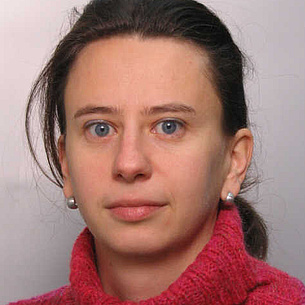
The master's programme is structured in a very flexible way and gives students the opportunity to specialise individually within the subject of geosciences. It offers an optimal combination of theoretical principles and practical applications and gives graduates a perfect basis for professional work in either basic or applied fields.
Focus Areas
You can specialise in at most two of the following focal areas, although it is not mandatory to specialise in one of them:
Geology: You learn more about the development, composition and structure of the Earth's crust. The study of the structural decomposition of the sea bed (deep sea) is also part of your studies.
Palaeontology and Stratigraphy: You learn about important mineral, chemical and phase-petrological properties of rock-forming minerals.
Petrology and Geochemistry: You learn how to use stable isotopes and radiogenic isotopes to determine the origin and age of solids.
Mineralogy and Hydrogeochemistry: You explore the topic of the contact zone between a liquid and a solid (fluid-rock interaction).
Hydrogeology and Engineering Geology: You learn about geological phenomena and topics related to underground construction, tunnel construction and public safety. In the subject area of Engineering Geology, you will gain insight into the discipline of civil engineering.
Collaborations and Networks
International and national scientific exchange is assigned great importance in the master's programme. Students benefit from accessing the know-how of internationally renowned researchers, for example, in an open workshop. As a special feature of these workshops, the lecturers rotate, communicating different perspectives of the field of geosciences in each workshop. Students also benefit greatly from learning about extensive research projects conducted with support from the FWF, FFG, MICC, Horizon 2020 Excellent Sciences BASE-LiNE Earth and DFG, since the project results are directly incorporated into teaching.
Practical insights can be gained through long-term cooperation with corporate partners such as RHI Magnesita GmbH, ÖBB, or ASFINAG. Due to the firm, extensive networking available, it is possible to conduct master theses, research projects, or dissertation work with these network partners.
Admission
The prerequisite for admission is a completed bachelor’s degree in a relevant subject (see curriculum).
Additionally, you need to provide evidence of competence in the English language.
1. Admission Procedure
For the academic year 2025/26 there will be no admission procedure.
You can go directly to the next step (2. Admission).
2. Admission
- Admission and deadlines for international students
- Admission and deadlines for Austrian students who are registering to study at TU Graz for the first time
If you have already been admitted to a degree programme at TU Graz, or have studied at TU Graz before, please come to the Registrar's Office in person to complete your admission during the admission period.
Fragen zur Zulassung?
Contact study@tugraz.at
Career Prospects
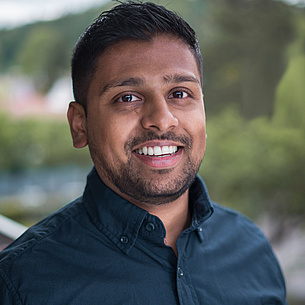
As soon as I began my studies, I was fascinated by the fact that the Earth’s resources could be used to produce all kinds of materials, including construction materials. Because I loved the subject area of applied minerology, I worked on my bachelor’s and master’s theses, carrying out cooperation projects with the RHI Magnesita company, and specifically on the topic of refractories. This ultimately fired my desire to gain a foothold in the refractory industry. My main tasks as a product developer and project manager at RHI Magnesita include developing new, high-temperature-resistant raw materials and providing scientific support for raw material plants.
I recommend all students to participate in cooperation projects that have practical relevance or to carry out traineeships whenever possible. Any and all practical insights you gain can affect decisions that you make later on, in the degree programme and on up to the point that you choose a career path. Above all, these insights can serve as gateways to new exciting opportunities.
Professional Fields
The degree programme prepares you for a scientific career in all areas of the geosciences. Graduates work nationally and internationally in basic and applied research in university and non-university institutions, in industry, mining, in engineering offices, museums and in government offices.
In addition, taking part in the degree programme prepares you to carry out demanding activities in the following areas:
- Geosciences and environmental sciences
- Resource use, especially water and mineral resources
- Environmental analysis, management, protection
- Mining, preparation and processing
- Remediation and recycling
- Chemical industry
- Materials industry
- Water and energy
- Geotechnics
- Construction and materials industry
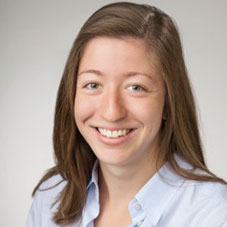
I chose this study programme because of my enthusiasm for nature and the geological diversity that exists on our planet. At school, questions such as how the Alps had evolved or why rocks have different colours, strengths and structures intrigued me immensely. What I think is special about studying geosciences is that you not only learn about the development of the earth and all related processes from the beginning until today, but you acquire enormous general knowledge as well.
However, this wide range of topics is not just taught in the lecture hall, but also practised directly on numerous excursions and hikes to help you apply theoretical processes to real nature.

One of the reasons why I decided to study Geosciences was to deepen my understanding in physical and chemical processes on our planet as well as the ability to combine field and laboratory work. The excellent education at TU Graz helped me to do a PhD at the University of Cambridge where I studied the degassing dynamics of explosive volcanic systems.
Currently, I am a Research Associate at Imperial College London where I am focusing on the mobility of copper during ore forming processes as copper is a key element for a green energy transition.
